Local NGO launches rhino fundraising drive
- By Zimpapers Syndication |
- 08 Jan, 2026 |
- 4
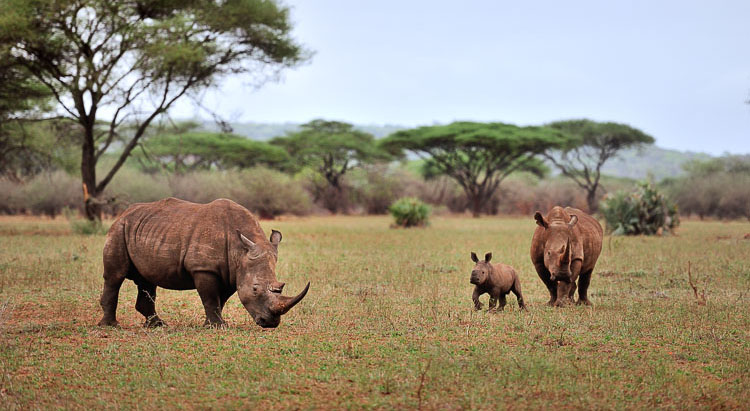
Sifelani Tsiko ---
A Harare - based non-governmental organisation says it is targeting to raise up to US$300 000 to support a local initiative to establish one national park as a black rhino breeding sanctuary.
Animal and Wildlife Area Research and Rehabilitation (AWARE) trust operations head, Dr Lisa Marabini told people who had gathered for the opening of an education centre for children at the Lion Park in the capital recently that this was part of efforts to strengthen the protection of rhinos in the country.
“We need the cash for fencing,” she said.
“We are trying to establish one National Park as a Black Rhino Breeding Sanctuary. It has perfect terrain but needs 50km Bonnoxgame fence – estimated to cost $300 000.”
Dr Marabini also said the funds will also be used in various mitigation strategies against poaching such as training of rangers in rhino monitoring and anti-poaching, anti – poaching equipment and accessories, camping equipment for rangers, drones, GPS and radio collars for elephants, lions and rhinos.
In addition, she says the funds would enable his organisation to secure aircraft services and cash to perform rhino de-horning operations and emergency treatments of rhinos and elephants.
“Monitoring of individual animals is critical. Ear notching of animals makes them identifiable to rangers. Our target is to see every rhino every 3 days,” the wildlife conservation expert said.
“White rhino areas are easier to monitor by rangers on foot. AWARE was the first organisation to monitor black rhinos by camera trap in Zimbabwe and our camera trap monitoring project has been running for 6 years in one park.”
The wildlife conservation group also provided paramilitary training of rangers in the country’s national parks.
AWARE hired an ex - soldier specialising in tracking and in 2010 and 2011 it was involved in training 135 national parks rangers from five different rhino areas in basic, intermediate and advanced courses in paramilitary exercises and aggressive tracking.
In addition, the animal rights group supplies rations and equipment to rangers and provides treatment to injured wild animals, especially gunshot or snared animals.
“Animals successfully treated rehabilitated to date include owls, servals, zebras, cheetahs, rhinos, elephants, lions, wild dogs, various antelope, and others,” Dr Marabini said.
“AWARE does not condone the captive breeding of wild animals and has been called to intervene with captive wild animal welfare. We have repeatedly contracepted a population of 40 lions to prevent them breeding in captivity.”
The NGO has also been involved in carrying out comprehensive rhino de-horning operations to mitigate poaching.
AWARE has carried out de - horning exercises in four national parks annually since 2011.
In 2014, it was involved in the de-horning of 39 rhinos while its vet experts de – horned 43 rhinos so far this year.
“The 2 white rhino areas have not lost a single rhino to poaching since this de-horning policy was instituted,” Dr Marabini said.
“Poaching has been drastically reduced in the black rhino areas, but the lack of a fence in these areas has made poaching more difficult to control. So we are appealing for funds to raise money to buy a fence.”
The AWARE wildlife expert said lack of adequate law enforcement, chronic under-funding of national parks and lack of capacity for optimal management and protection of natural resources has hampered efforts to fight poaching activities in Zimbabwe and most other African countries.
Zimbabwe has set out plans to dehorn all rhino in its national parks to discourage poaching after 50 animals were illegally killed last year,
Demand for rhino horn in Asia for use in traditional medicine has triggered vicious poaching of rhinos in Zimbabwe and most other southern African countries.
A record 1,305 rhino were killed illegally in Africa last year, most of them in South Africa, according to conservation groups.
AWARE trust says more than 600 rhino are kept in private sanctuaries, which may choose to dehorn their animals or increase security.
“We want to send a message to poachers that they will not get much if they come to Zimbabwe. The park's policy is to dehorn all the rhino,” Marabini said.
It costs $1,200 to dehorn a rhino.
Trade in rhino horn internationally was outlawed in 1977 and killing a rhino carries a mandatory nine-year sentence in Zimbabwe.
The World Wildlife Fund said in January 50 rhino had been killed in Zimbabwe in 2015, double the figure for the previous year.
Africa has an estimated population of 5 000 black rhinos and about 20 000 white rhinos which are under threat.
The global market for illegal wildlife products is estimated to be between US$50 billion and US$150 billion, second only to drug trafficking.
It is believed to be driven by terrorist organisations.
Wildlife experts say insatiable demand for products by a burgeoning upper middle class mainly in Vietnam and China (rhino horn) and ivory in China and the US has led to rampant poaching in Africa.
They also say that 1kg of rhino horn fetches up US$66 000 on the illegal market while a kg of ivory fetches US$2 200 and 1kg lion bones about $700. -Zimpapers Syndication
No Comments


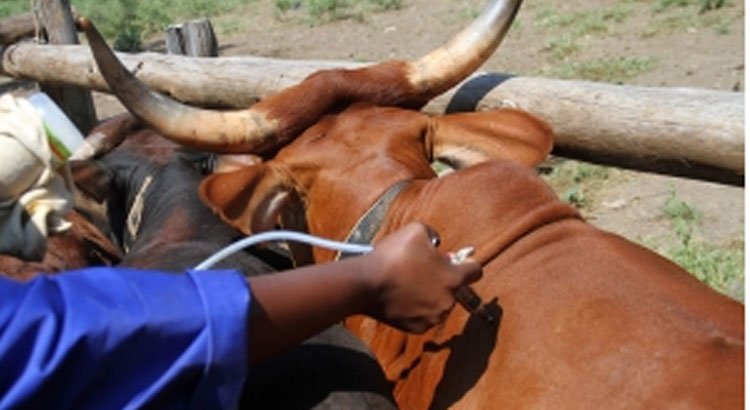
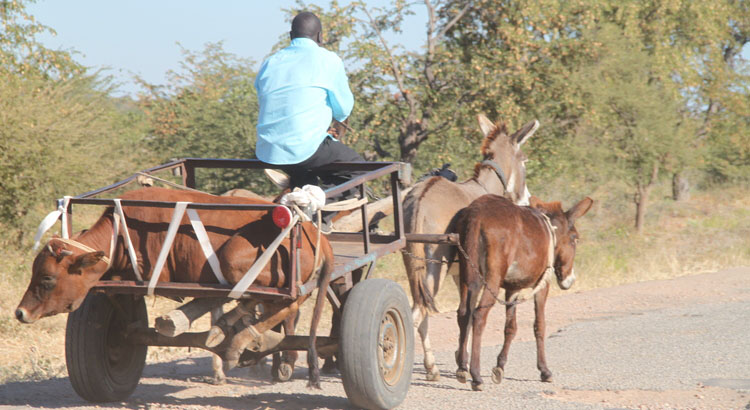

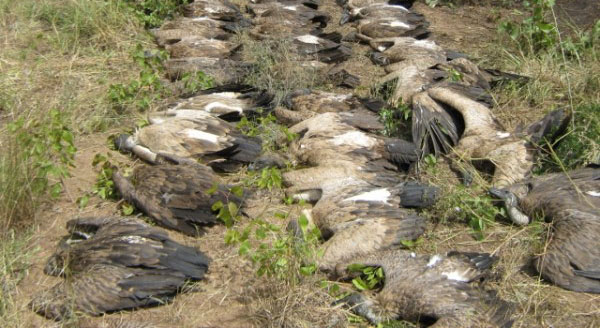
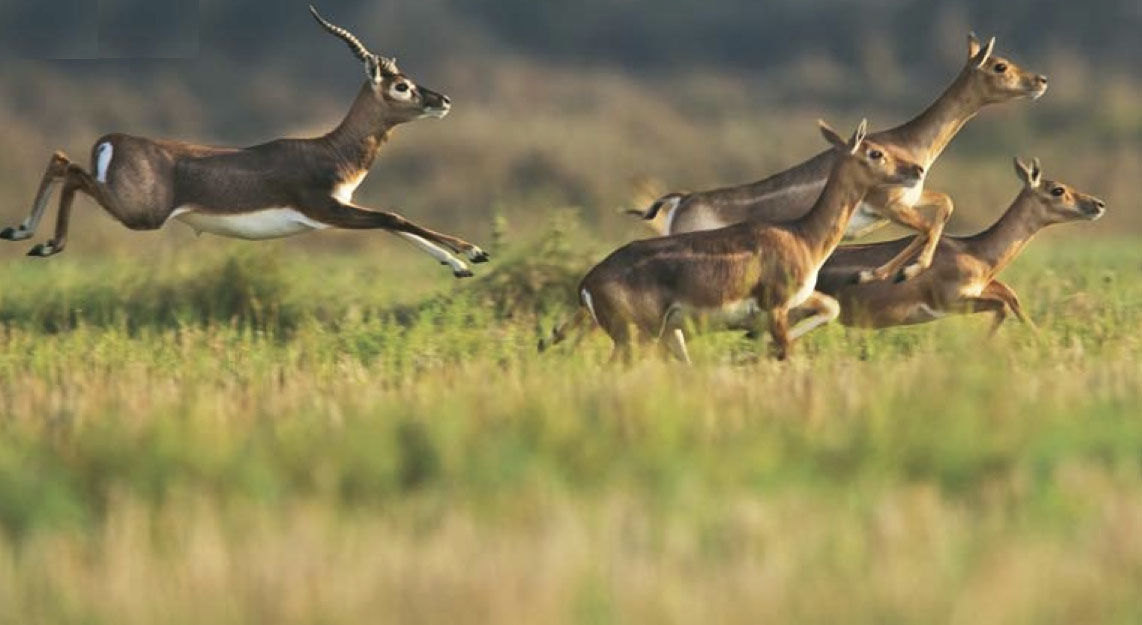

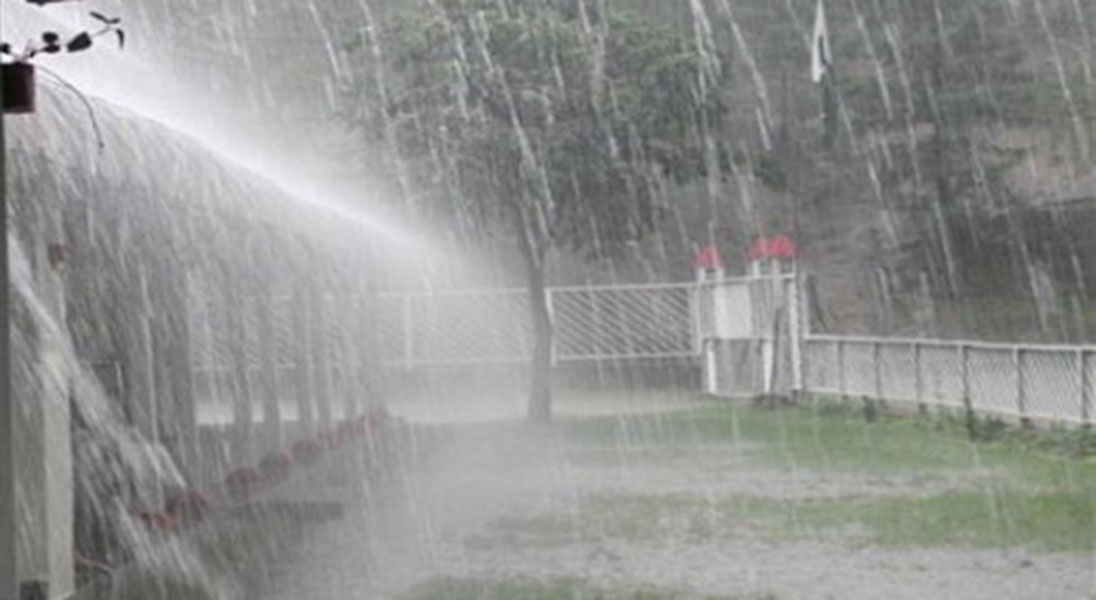
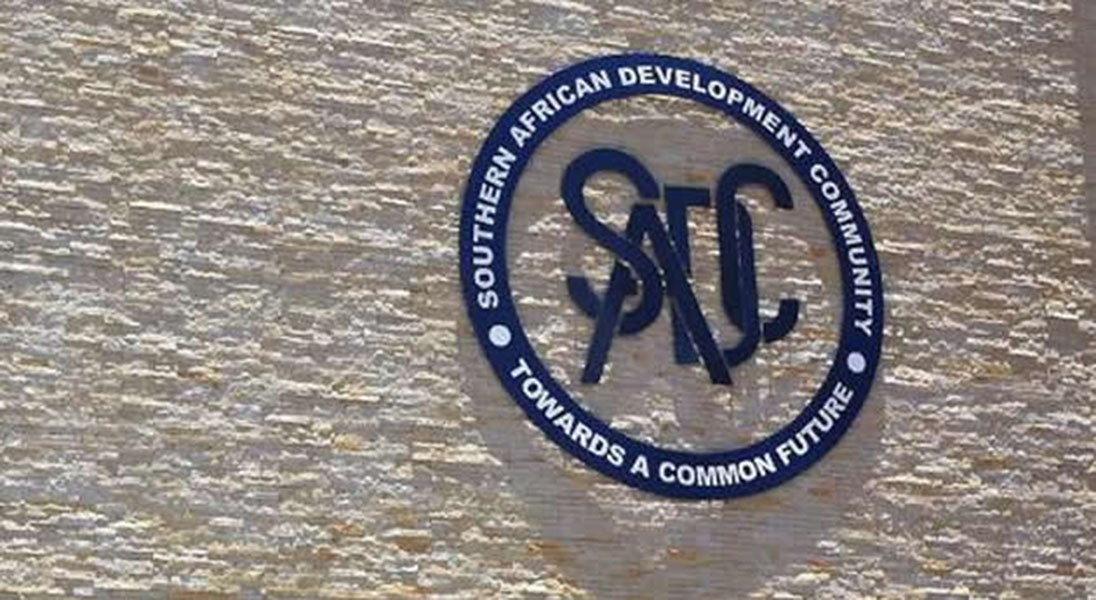
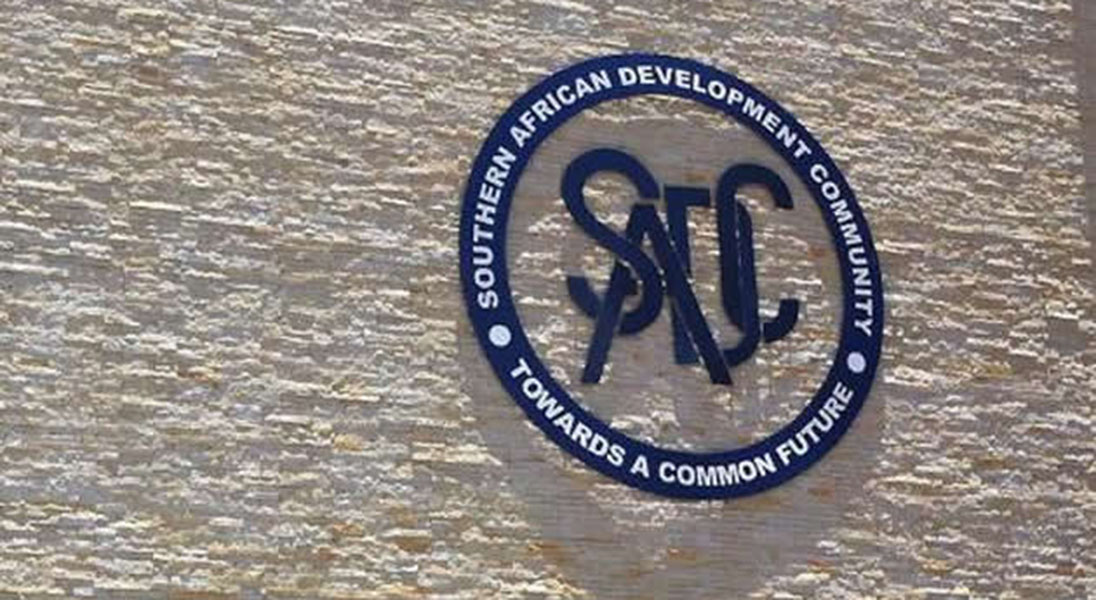
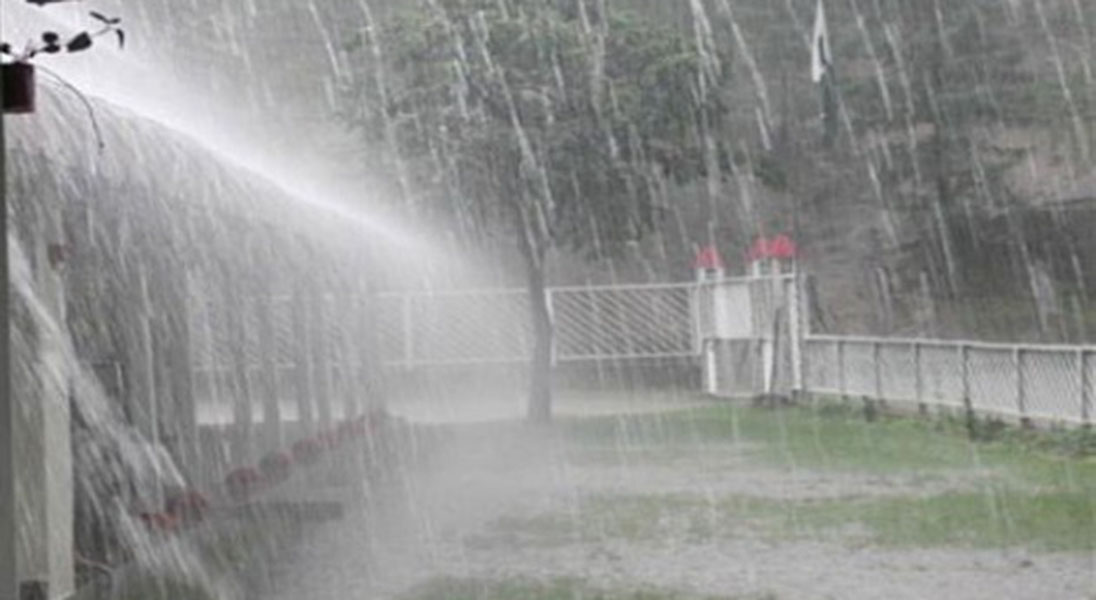
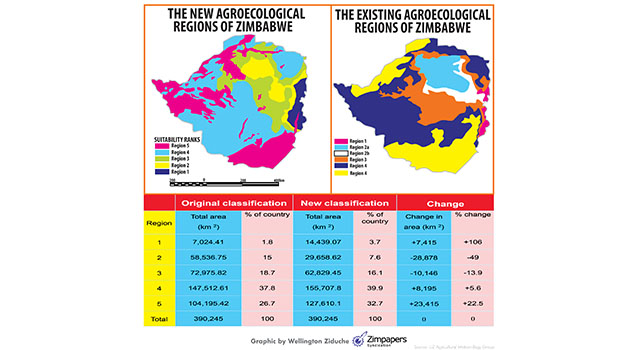

Comment